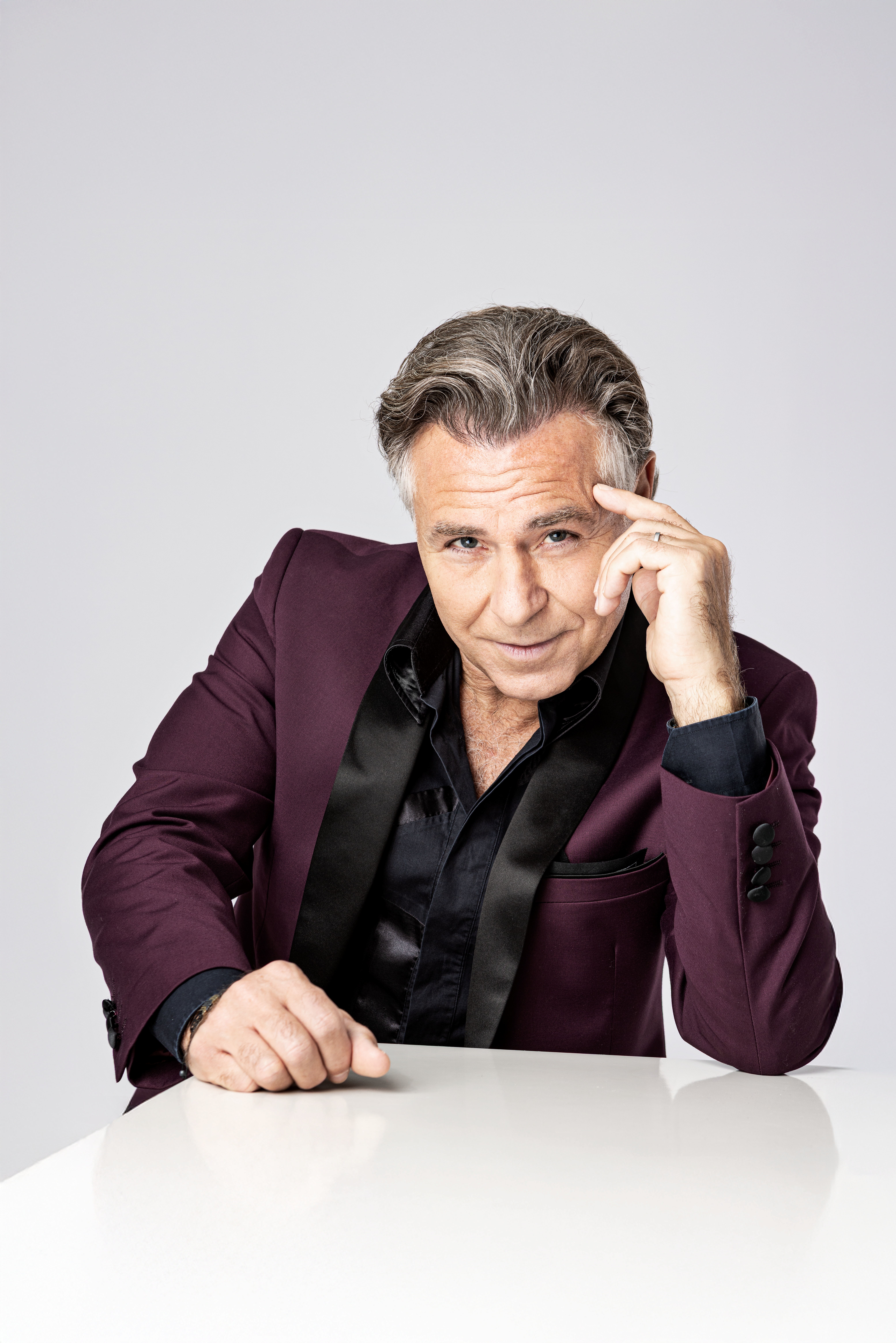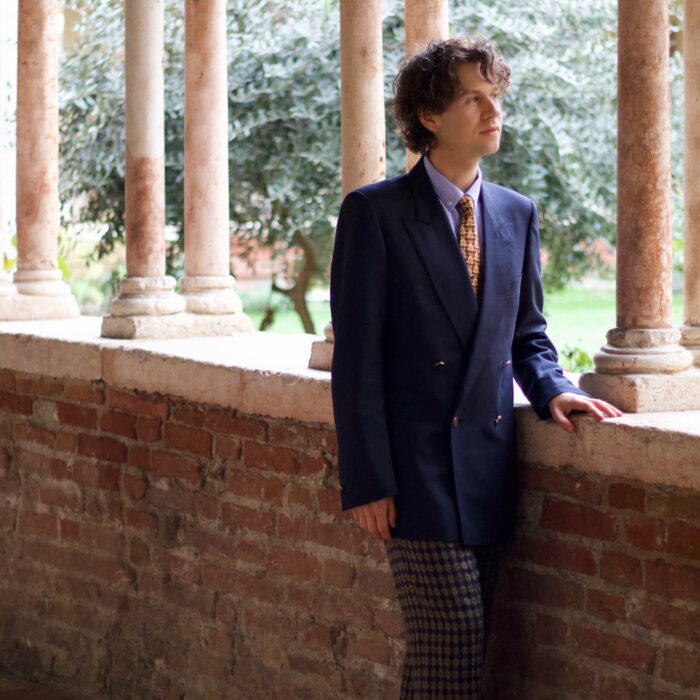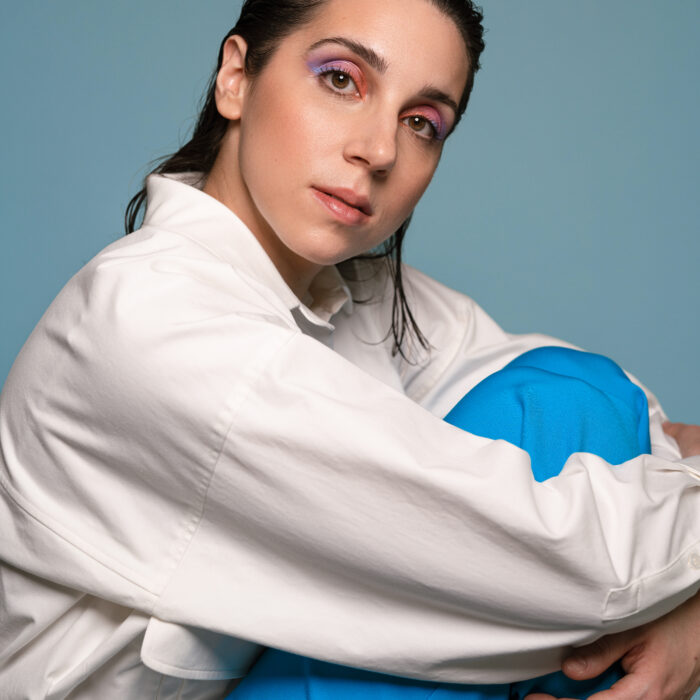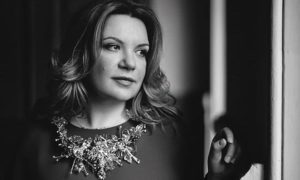
Q & A: Mezzo Ekaterina Semenchuk On Her Passion For Verdi & Her Vast Repertory
By Mauricio Villa(Credit: Alexey Kostromin)
When you think of Verdi mezzo, there are few singers that fit that bill as well as Russian artist Ekaterina Semenchuk.
For years now, she has been the go-to mezzo-soprano in Verdi’s major roles, finding major triumphs at such venues as the Opéra National de Paris, the Teatro Real de Madrid, the Staatsoper Unter den Linden, the Metropolitan Opera, the Washington National Opera, the Salzburg Festival, the Royal Opera House, Covent Garden, and the Teatro all Scala, among many others. .
And she is not going to be stopping anytime soon. One look at her upcoming performances and you will see that Semenchuk is scheduled to take on the top Verdi roles throughout 2019-20 at such major venues as the Mariinsky Theater, the Accademia Nazionale di Santa Cecilia, the Easter Festival Salzburg, the Semperoper Dresden, and the Festspielhaus Baden-Baden.
After another series of performances of “Don Carlo” in Madrid, the mezzo recent spoke to OperaWire about Verdi, how she learns her roles, and her vast repertory.
OperaWire: You have closed the Teatro Real de Madrid season with Azucena in “Il Trovatore” and opened the new season with Eboli in “Don Carlos” at Teatro Real. How do you feel singing in Madrid?
Ekaterina Semenchuk: I’m in love with Spain and Madrid itself. It is an incredibly beautiful, bright and green city. It is interesting, always friendly, constantly hospitable! This applies to the great Teatro Real, in which I always feel happy, where I work fruitfully, and I’m being incredibly spiritualized and inspired all the time!
OW: Talking about these two Verdi roles, even if the vocal writing and the characters are obviously different, what similarities and differences do you find between Azucena and Eboli?
ES: Of course, Princess Eboli and Azucena are really different roles, such as the different fates of women, their human portraits, the outcome or the turning point of their fate which is dramatic and decisive. The tragedy of their fate unites them, showing us that not all suffering in life falls on us by the will of fate, but we ourselves choose this path full of hatred and revenge.
I breathe life into them with my soul and voice, giving to my heroines my body and reviving them again and again. It’s interesting and a little scary to watch them come to life through the music and words; how they make their fateful decisions or make mistakes, feel, love, suffer, smile and cry; to believe them, sympathize and being them on the opera stage.
OW: What are the vocal and dramatical challenges you find in these roles?
ES: It’s hard to sing well,. Just like everything you are doing well is hard work. To work, investing all of yourself and whole life in it; perfecting your skills day after day and discovering new facets of your talent. This is a necessary and important process based on the necessities of new knowledge.
Both of these roles were written by Verdi for one voice: a mezzo-soprano, a voice with a large range, distinguished by a juicy low / chest register and clear upper notes. Like all of Verdi’s music, these roles mean skillful professional voice and breath control as Verdi uses not only the singer’s entire working range, but also a lot of variety of vocal techniques.
Therefore, singing exercises and vocal practice are an incredibly important thing and unfortunately very often ignored by singers. But this is required by a professional daily routine leading to the necessary mastery and comprehension of oneself and one’s voice.
Technical difficulties, as well as dramatic ones, should not be noticed by the public and should not become a problem during the performance. You must be vocally and psychologically prepared for each role you perform and, of course, must be feeling well yourself. The main thing: it’s very important to understand whether you have something to say when going on stage and whether you are ready, or whether your voice and your body respond.
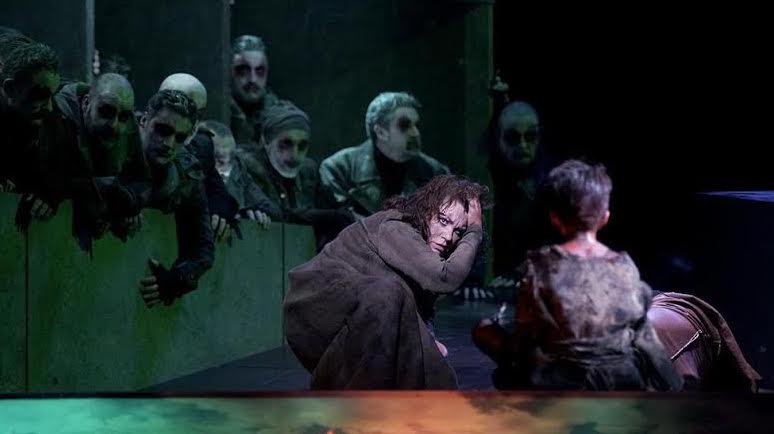
(Credit: Javier del Real)
OW: Which of these roles is more difficult for you personally?
ES: I cannot say definitely what is difficult for me in this or that role, since I constantly work on every sound, every word and thanks to this long-term and daily work, I’m going out onto the stage as the artist who can afford these or those strokes, halftones and bright deep colors, enriching my roles, saturating it, building, and filling them with meaning.
My arsenal is not only the sounds of my voice, but also the sound and colors of the orchestra, voices of my stage partners and the very “Word,” which is very important to understand to be able to use it.
OW: How do you study and prepare a role?
ES: I start with “reading” the musical score. I take pleasure in this work! It’s like reading books – a fun and incredibly enjoyable process. Everything is written!
I believe that any role should be learned before meeting the pianist and I find it unacceptable for myself to come without learned material… It’s like to flounder in the ocean, helpless and meaningless. I always prefer to learn everything on my own, a-cappella, despite the fact that I play the instrument well enough to accompany myself when it is necessary. But the main thing in this is to hear harmoniously and understand.
But the very important element that begins work on a role, after reading and studying the music score, is the rhythm! Understanding the text, words, verbs on which the sentences and the whole phrase are built. Speaking the text in the rhythm it is written in. You must conduct an exact study of the rhythmic pattern, pauses, words, and repeat the whole phrase again and again. It is a laborious task but incredibly important!
Before you start singing phrases, you should start from “understanding” and “hearing” of what is written in a musical score, but not thoughtless humming of the motive. Yes, this is an important and time-consuming process, but with experience and having an incredible desire, you are able to learn this new material very quickly. For me, the principal value in new material is to make it mine. But even before meeting the pianist, again – drop by drop, I painstakingly work on it and listening to every note. I can talk about this process for a long time, because for me it is very interesting!
OW: We have heard you sing from low A to high D flat. What is your vocal range?
ES: The voice range itself is quite large, but it seemed to me natural. I liked to sing from my childhood and one day I was really amused that I was able to sing low notes or very high ones. I did not think how it happened.
When I decided to start a serious musical training, I started with an instrument, with an accordion, an instrument incredibly rich in colors, timbres, a sonorous “breathing.” It is unbelievable how this instrument influenced my understanding of voice, sound, and breath!
In various operas, your working range of your role can be very large: Lady Macbeth, Dalila, Vanya (Ivan Susanin) etc. But, in the process of training and serious performance on stage, you understand that having a huge range is one thing, but how to manage it, how to keep the tessitura, how to have the same, smooth and even voice is something else.
There are many examples when the role has vocal complexity which is not connected in any way with the extreme top, but on the passing-note (passaggio) or, like in Giovanna Seymour of “Anna Bolena,” this is a high tessitura in which you are singing almost constantly.
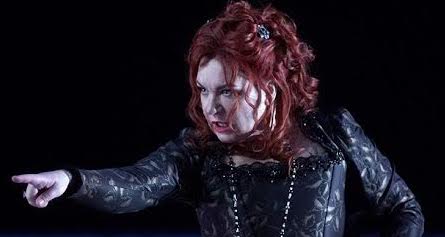
(Credit: Javier del Real)
OW: You are often sobbing, moaning and crying on the stage and it is easy to appreciate that you are a devoted actress, apart for being a great singer. How do you measure your emotions, so they don’t interfere in your singing?
ES: At times it’s very difficult to cope with emotions. I think that my emotionality bothers me, but I can’t stop myself very often on stage. I completely surrender to what I’m doing, and I cannot foresee (sometimes) new emotional turns. The magic of the scene consists in “forever mystery.” This is like the secret of birth, someone’s life story that is new every time, lived over again. I never think of myself separately from the whole performance and it is very meaningful for me to develop completely and relate to all participants in the performance.
Very lucky are the people, who can see this moment of birth – those, who are behind the curtains, the public. This is really an incredible feeling!
OW: You sing a vast repertoire that covers Russian, French and Verismo repertoire, Wagner, and lots of Verdi roles. Why do you find that Verdi’s writing suits your voice best?
ES: Actually, I sing a very diverse repertoire and I want to expand it even more with new experiences. I also sing Bel canto and Rossini’s music, contemporary music, folk. I sing Russian city romances, operetta, as well as a huge repertoire of chamber music. I dream of singing the music of Manuel de Falla and Zarzuela and other genres!
But in the music of Giuseppe Verdi I find everything that the voice and soul can love and desire! It is a never-ending happiness to sing the music of this Great Genius. You know, it is funny, but I still can’t believe that I’m singing this music!
OW: Do you have any imminent role debut in the future?
ES: I hope so! There are still a long number of interesting and challenging roles that I would like to sing and perform! This season, I was invited by Dmitry Tcherniakov to take part in his new production of “Sadko” at the Bolshoi Theater. It will be making my debut in the Bolshoi and my debut in the role of Lyubava, another female portrait who is again unhappy and endlessly waiting for her missing husband.
I really love Russian music and enjoy performing it in Russia and abroad. Here are the roles from Russian music that I haven’t sung yet: Lyubasha from “The Czar’s Bride,” Ioanna from “The Maid of Orleans,” and The Princess from “The Enchantress” by Tchaikovsky.


